|



|
FROM SITE SELECTION
MAGAZINE, NOVEMBER 2022 ISSUE
|
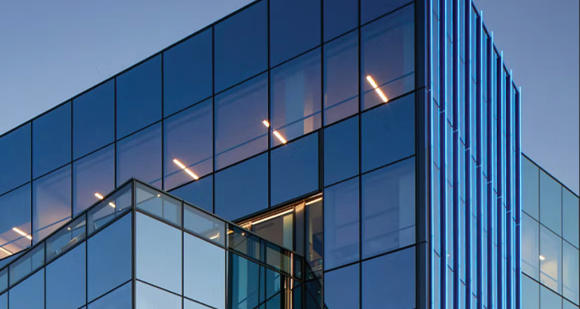
|
NEBRASKA
The builder of a $2.5 billion pipeline moves from Dallas to Omaha to
oversee the project.
|
|
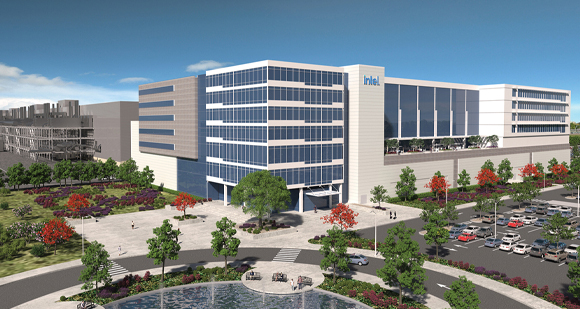
|
GERMANY
A 7% year-over-year increase in greenfield operations launched by
foreign companies took place in Germany in 2021.
|
|
 
|
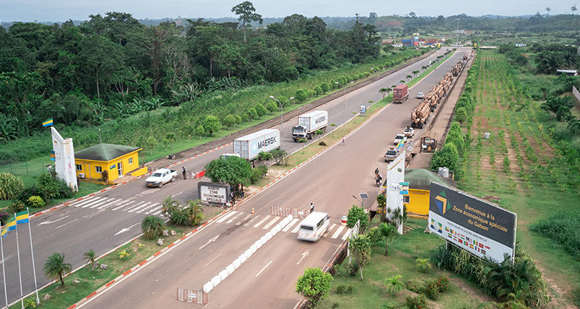
|
This SEZ in Gabon is one of a growing number developed by ARISE across
several African nations.
Photo courtesy of ARISE
|
|
Pan-African developer and operator ARISE Integrated Industrial Platforms
(ARISE IIP) in November announced the signing of a convertible loan note
subscription agreement backing the fundraising of $85 million, supported
by the Fund for Export Development in Africa (FEDA), the development
impact investment platform of African Export Import Bank (AFREXIMBANK).
ARISE currently manages 12 integrated industrial zones across Africa,
including locations in Benin, Gabon, Republic of Congo, Ivory Coast,
Nigeria, Rwanda, Chad and the Democratic Republic of the Congo. This
year the company has signed five new agreements to develop 12 more
special economic zones across five countries:
- A framework agreement signed with the Government of Rwanda for the
development of an industrial zone in the Bugesera;
- A framework agreement signed with the Democratic Republic of the
Congo for the development of the Kin-Malebo industrial zone;
- A framework agreement signed with the Republic of Congo for the
development of the industrial zones of Pointe-Noire and Oyo;
- A funding agreement signed with the Republic of Chad for the
development of seven economic zones across the country;
- A binding agreement signed with the State of Ogun of Nigeria for the
development of the Remo Economic Industrial Cluster via three SEZs.
This last project involves an investment of $400 million by ARISE.
“Located in the Sagamu area, the three zones will create nearly 12,000
direct and 20,000 indirect jobs and aim to attract an estimated $1
billion in foreign direct investment for phase 1,” the company said in
November. “Construction will begin in January 2023 and the zones are
expected to be fully operational by the fourth quarter of 2024.” Phase 1
consists of 549 hectares (1,357 acres) while the total Remo cluster
consists of more than 15,560 acres. The zones will focus on
agro-processing, light industrials, pharmaceuticals, and logistics.
Conway Data’s Projects Database shows just over 100 major corporate
facility projects documented in the countries ARISE operates
in over the past decade, with the vast majority in Nigeria. Among the
most recent is Coleman Technical Industries’ fiber-optic cable
manufacturing site in Arepo, Ogun State, where an initial 500 jobs may
grow to as many as 800. Earlier this year, Kimberly-Clark inaugurated a
new $100 million diaper plant in Ikorodu, Lagos, that is creating 1,000
direct and indirect jobs initially, with potential to quintuple that
number within five years of operation. — Adam Bruns
|
|
 
|
|
ARKANSAS ECONOMIC
DEVELOPMENT GUIDE 2022-23
|
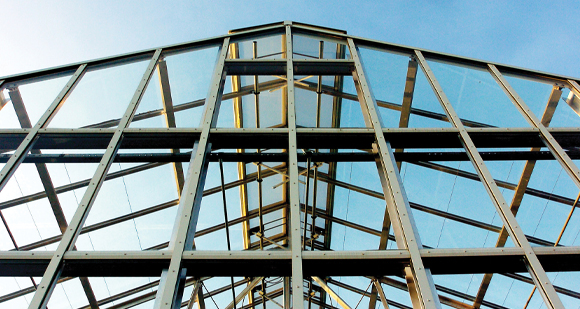
|
UNIVERSITIES & RESEARCH
How Arkansas universities are tackling nationwide workforce challenges.
|
|
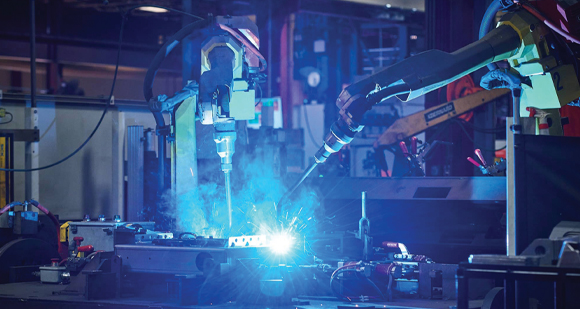
|
TARGET INDUSTRIES
Arkansas is winning through specialization and diversification.
|
|
|
SITE SELECTION
RECOMMENDS
|
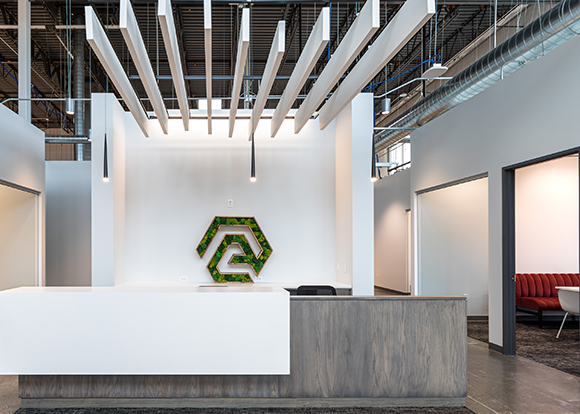
|
AMP Robotics’ new HQ unites staff from two previous locations at one
modern facility in Louisville, Colorado.
Photos courtesy of AMP Robotics
|
|
In July 2021, a Site Selection Investment Profile
documented the growth and talent at AMP Robotics in
Colorado. In November, the AI and robotics company
specializing in waste and recycling solutions celebrated the
opening of its new corporate headquarters in Louisville,
Colorado, uniting staff from the company’s previous
locations in Louisville and Broomfield at a new
84,000-sq.-ft. facility. “We’re so pleased to be building
our technology here in Colorado, where the state’s Advanced
Industries Accelerator Grant program helped AMP get off the
ground, starting with just a few people with a vision for
how artificial intelligence could transform recycling,” said
CEO Matanya Horowitz, the Colorado native who founded the
company in 2014 after graduating from the University of
Colorado Boulder. “We see our journey as an example of
what’s possible in the state.” The
company’s technology is deployed at a growing number
of locations across the nation and around the world. AMP
employs 200 today, and anticipates hiring more in the near
future, with 11 of 15 advertised positions today located in
Colorado.
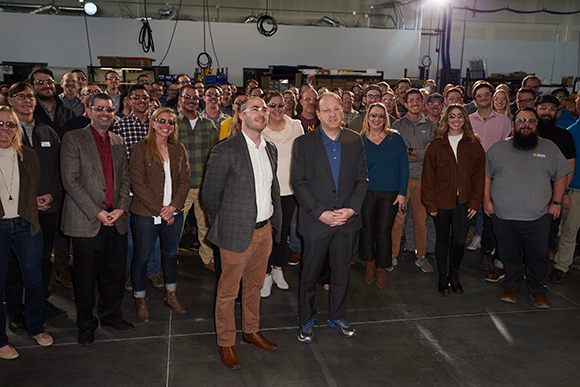
AMP Robotics Founder and CEO Matanya Horowitz (left) and
Colorado Gov. Jared Polis celebrate the HQ’s grand opening
with AMP Robotics employees.
|
|
|
Mexico
Laval, Québec–based Savaria Corp., a provider of accessibility
solutions, has opened a new 95,000-sq.-ft. factory in Querétaro City
where production of the Savaria Multilift, a popular vertical platform
lift for home and commercial applications, is already underway. Savaria
says the facility is modeled after its successful subassembly plant in
Huizhou, China. “The proximity to the U.S. market will reduce lead times
and freight costs, as well as adding overall capacity to meet revenue
growth,” Savaria stated. With the addition of the Mexico operation,
Savaria has over 1 million sq. ft. of distribution and production space
over 17 facilities across Canada, the United States, Mexico, Europe and
China. The company employs approximately 2,250 people globally.
South Korea
As documented by Maeil Business News Korea and others, homegrown
healthcare company Huons will invest about 24.5 billion won ($18.3
million) to expand production capacity for injectable products at its
home base in Chungbuk Province to meet growing demand from overseas
following U.S. FDA approval of four products. A new vial line will
increase production by 2.5 times to 74 million vials annually, while a
new cartridge line will produce 71 million. The expansion follows the
establishment of a second factory at the location two years ago.
|
|
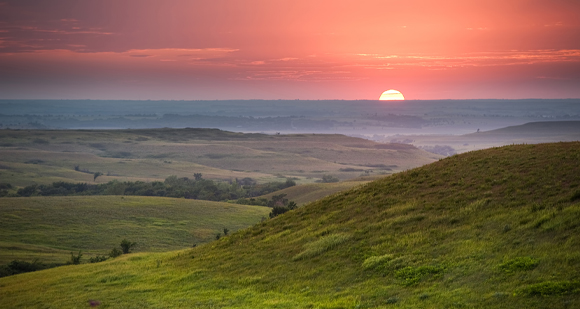
|
Photo courtesy of Kansas State University
|
|
This photo from Kansas State University shows the beauty of the state’s
Flint Hills ecosystem, a tallgrass prairie that extends into the Osage
Hills of northern Oklahoma. “At one point, 150 million acres of
tallgrass prairie stretched from Texas to Canada,” says the Flint Hills
Discovery Center. “The majority transformed into the agricultural
heartland of America through 200 years of settlement and development.”
Humans have lived in the Flint Hills for more than 13,000 years. The
Flint Hills contain fossils over 250 million years old. (Watch for more
about the unique assets to be found in Kansas in the 2023 Kansas
Economic Development Guide coming soon from the Conway Custom Content
division.)
|
| |

